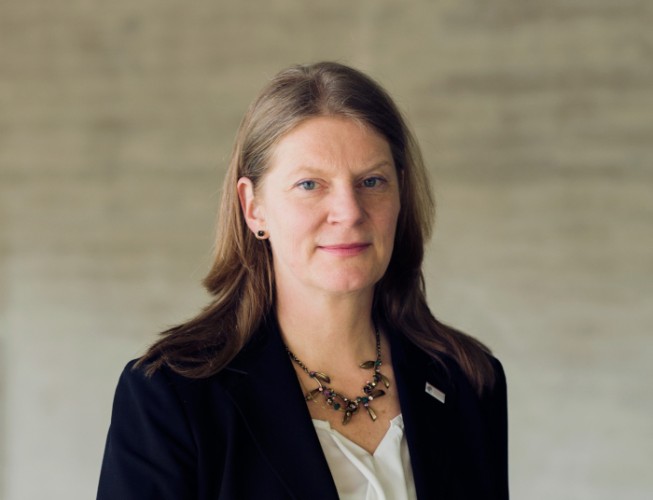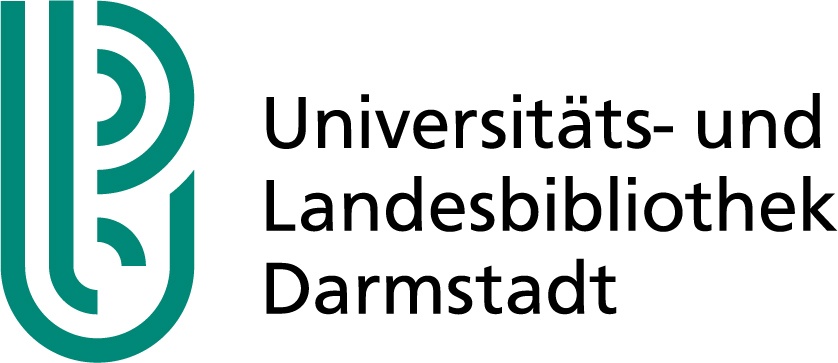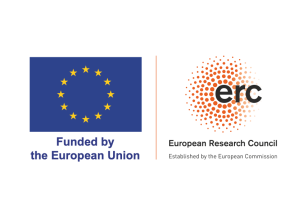Prof. Dr Andrea Rapp,
Open Access representative at TU Darmstadt
Open Access, i.e. free, public and reliable access to scientific literature, data and teaching/learning materials, promotes exchange and innovation in science. Society also benefits directly from access to the results of science and research, and in addition receives new opportunities for involvement and participation.

Open Access framework conditions
The Open Access Policy (opens in new tab) (2019) is supplemented by TU Darmstadt's publication guidelines (opens in new tab) (2020). Furthermore, the Technical University has signed the “Berlin Declaration on Open Access to Knowledge in the Sciences and Humanities” and LERU's (League of European Research Universities) “Moving Forward on Open Access” declaration.
General information on Open Access
Detailed information and offers for networking and training are compiled on the open-access.network platform.
Glossary of basic OA terms
Subject-specific information (e.g. repositories, journal titles, dissemination)
Open Access for beginners: self-study course with videos, texts, graphics and links to OA and tips for your own publishing practice (in German language)
B!SON (Bibliometric und Semantic Open Access Recommender Network) aims to help you find a suitable OA journal for your article.
Are you interested in publishing books in open access? The OA Books Toolkit offers a wide range of information on publication contracts, license models, financing options and quality assurance.
Funding and financing at TU Darmstadt
ULB Darmstadt's commitment to Open Access
Worldwide free access to research results (Open Access) is a basic prerequisite for the long-term availability of human knowledge independent of economic interests. As staff at the University and State Library, we are particularly committed to this desire for public access to scientific information, and therefore usually publish our scientific contributions as Open Access publications.




